
companies of drone parts:radio transmitters & receivers, electronic speed controllers (ESCs), propellers, batteries! suppliers of drone components: flight controllers, GPS, BEIDOU modules, PTZ camera gimbals, frames, motors in china.
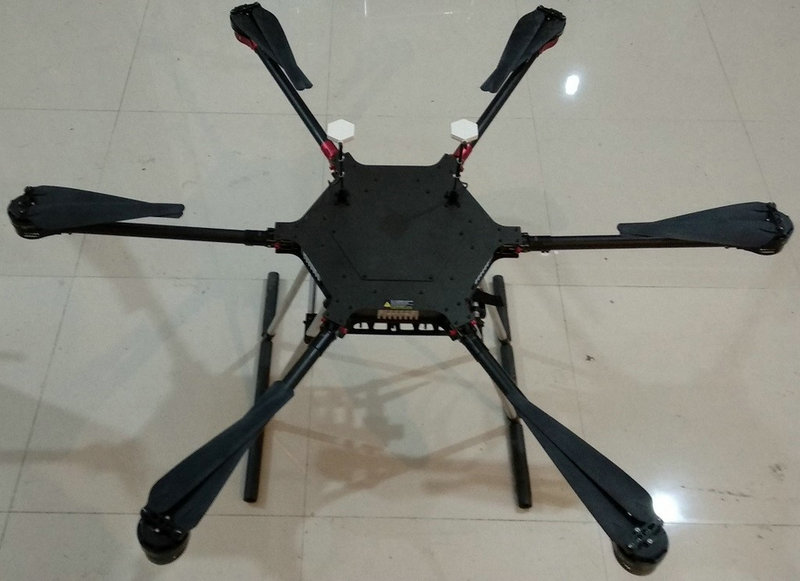
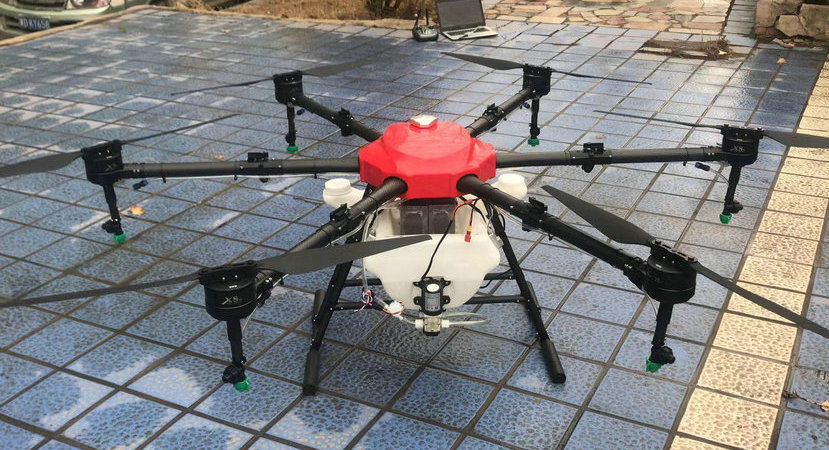
a drone, as an unmanned aerial vehicle (UAV) or unmanned aircraft system (UAS), is composed of several key components that work together to enable flight and functionality. the specific components may vary depending on the type of drones. the drone frame is the physical structure or chassis of the drone, providing the foundation for mounting various components. it determines the drone's size, shape, and overall structure. drone materials: common frame materials include carbon fiber, aluminum, and composite materials.
electric drone motors are responsible for driving the propellers, providing thrust for lift and maneuverability. brushless motors are commonly used in drones due to their efficiency and reliability.drone propellers generate lift and thrust by spinning in the air. The number and arrangement of propellers depend on the drone's configuration (quadcopter, hexacopter).
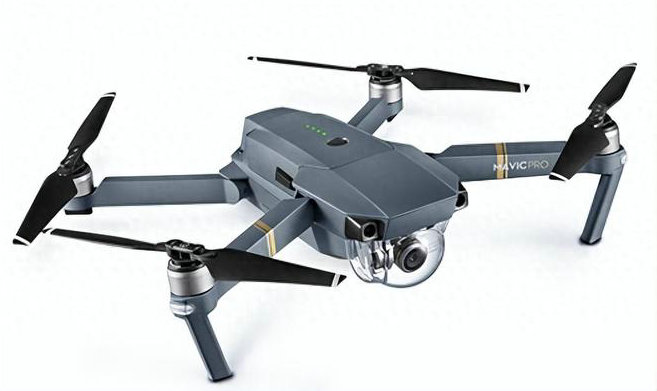
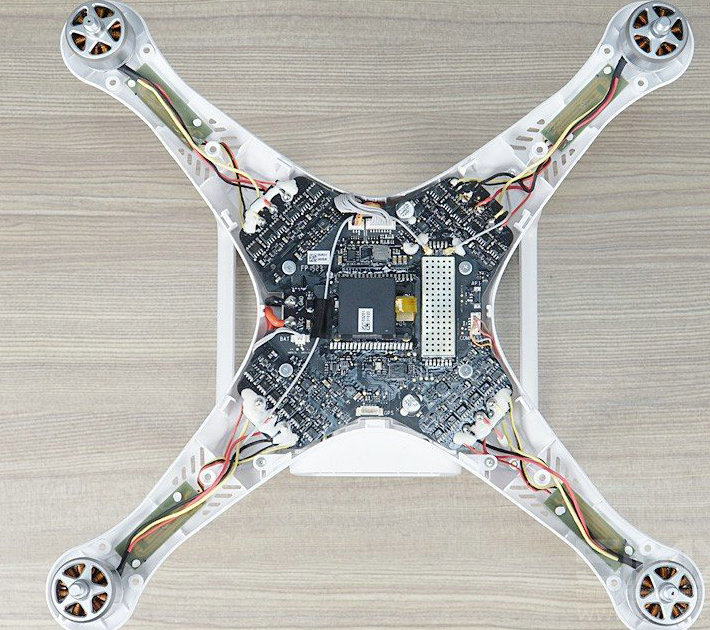
propellers are typically made of lightweight materials like plastic or carbon fiber. electronic speed controllers (ESCs): drone ESCs regulate the speed of the motors by adjusting the electrical pulses sent to them. they play a crucial role in controlling the drone's stability and responsiveness. the drone ESCs have additional features like damped light mode for improved motor braking.
the drone flight controller is the brain of the drone, processing sensor data and providing control commands to the drone ESCs. It stabilizes the drone and implements user inputs. drone sensors: gyroscopes, accelerometers, barometers, and, in some cases, GPS modules are integrated into the flight controller. the drone battery provides power to the motors, ESCs, and other electronic components. Battery capacity and voltage affect flight time and overall performance.
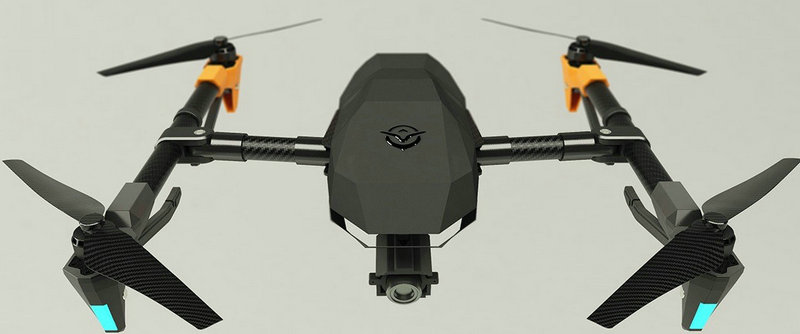
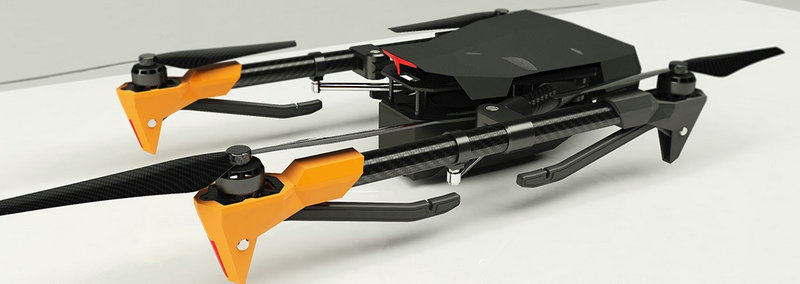
radio transmitter and receiver system: the drone transmitter is held by the pilot and sends control signals wirelessly to the drone. the receiver, installed on the drone, interprets these signals and relays them to the flight controller. the number of drone channels on the transmitter corresponds to the number of independent control functions.
drone antennas are part of the radio communication system and enable the exchange of signals between the transmitter and receiver. omni directional and directional antennas may be used, depending on the application. camera drones are equipped with cameras for capturing photos and videos. a gimbal stabilizes the camera to ensure smooth and steady footage. the drones have advanced camera features, such as adjustable gimbals, zoom capabilities, and obstacle avoidance sensors.
GPS modules provide accurate positioning data, enabling features like position hold, return to home, and waypoint navigation. GPS is commonly used in mapping, surveying, and other applications requiring precise location information. telemetry drone systems provide real-time data and information about the drone's status, including battery voltage, altitude, and GPS coordinates.
onboard computer: professional and research drones may include onboard computers for advanced computing tasks, data processing, and autonomy. onboard computers are used in applications like autonomous navigation, computer vision, and data analysis. these drone components work in harmony to enable controlled flight and various functionalities depending on the drone's design and purpose. the integration and proper functioning of these components are crucial for safe and effective drone operation.
- home
- products
- contact
- equipments
- UAVs
- drones
- camera drones
- fixed wing UAV 200
- VTOL aircrafts 220
- hand-throwing fixed-wing UAVs
- quadcopter drones 820
- huge hexacopter UAVs 1550
- big hexacopter UAVs 1100
- mini drones 180
- drone swarms
- RTK drones
- hydrogen powered drones
- unmanned helicopters
- FPV drones
- drone hangar
- underwater robotics
- drone LiDAR
- drone propellers
- drone PCB
- PTZ gimbals
- drone frames
- drone motors
- lithium battery
- drone ESC
- drone flight controller
- transmitter receiver systems
- drone antennas
- drone components